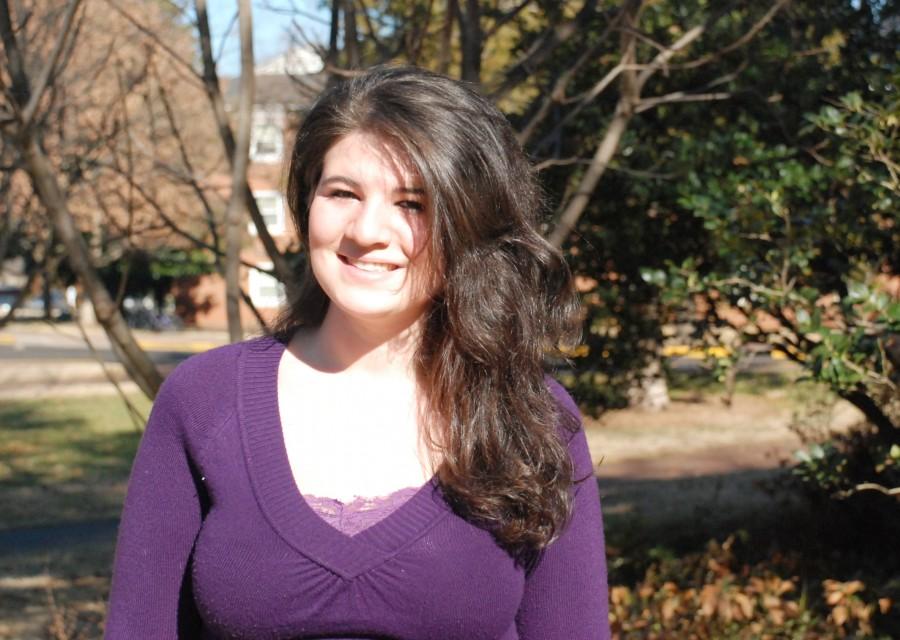Jeannette Walls is a woman with a colorful story. During her childhood alone, she went through more than most people face during their entire lives.
Most of the audience at her Bryan lecture and student session had read her books “The Glass Castle” and “Half Broke Horses.” But for those who have not, her unusual story is a complete mystery.
Walls grew up with nomadic family: a free-spirited mother, an ambitious father with a drinking problem, and three siblings.
Her parents — however loving and supportive — were not nurturing. From a young age, Walls learned to fend for herself.
Walls eventually created a life for herself in New York City as a writer. She cut ties with her parents once they, too, moved to New York and became squatters in an abandoned building.
On her way to a fancy event, Walls looked out the taxi window and saw a homeless woman — who happened to be her mother.
The rest of her story unfolds in her memoir, “The Glass Castle.”
As Walls started to speak, one of the first things that came out of her mouth was “I’m just a woman with a weird story.” She is completely modest and was quick to encourage the audience to not be afraid to be who they are.
“Shame is an isolating emotion,” said Walls as she told everyone how afraid she was to write “The Glass Castle.”
After the book was published, she was pleasantly surprised by people’s reactions.
“I learned how good and kind people are,” said Walls.
“The reason we tell our stories is to explain why we are the way we are,” Walls said. By learning other people’s stories, we learn of the obstacles they have faced.
Walls refers to the past as scars. Everyone has a past, and everyone has scars. Walls explained that all of our scars give us texture, and while some may be smoother than others, everyone has them.
Walls furthers that idea that what does not kill you makes you stronger. From every unfortunate event in life you survive, you gain experience and build character.
This may be something you have heard from your grandmother. Everyone wise and knowledgeable seems to say it, because it’s true.
Learning from past mistakes makes you wiser. The same concept goes for things you did not put upon yourself. If you survive obstacles, you gain new skills, be it just a new way of thinking. In some way or another, you will grow from it.
As a child, Walls was ridiculed and ostracized by her peers. She turned to journalism as an outlet.
Walls felt like she had a purpose when she had her notepad and camera at hand. Journalism gave her the confidence to go out to events, because she had a reason to be there — to observe and report.
If Walls was accepted and popular as a child, she may have never gone on to become a successful writer.
Walls’ message — it is okay to be yourself — is relatable to students. When you first meet friends, you share happy and fun stories. What people don’t realize is that it’s okay to share your embarrassing moments and hardships, too.
No one is flawless, and by sharing our flaws, we become closer.

